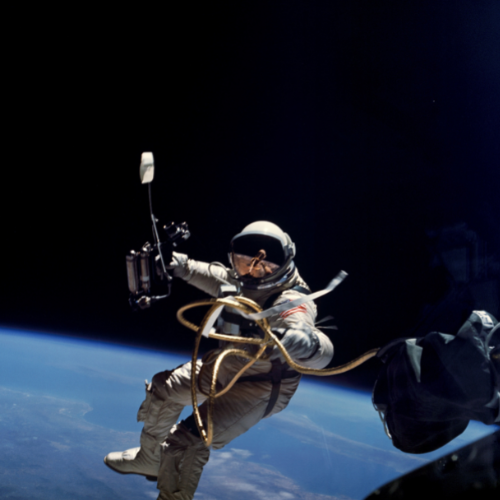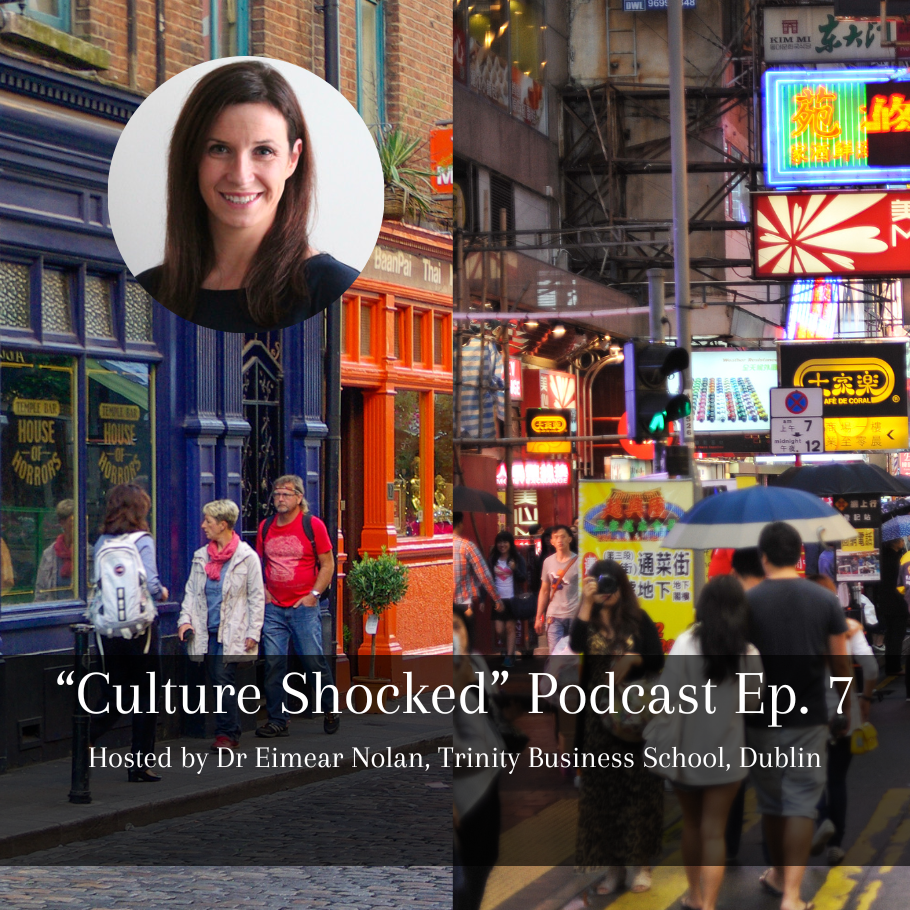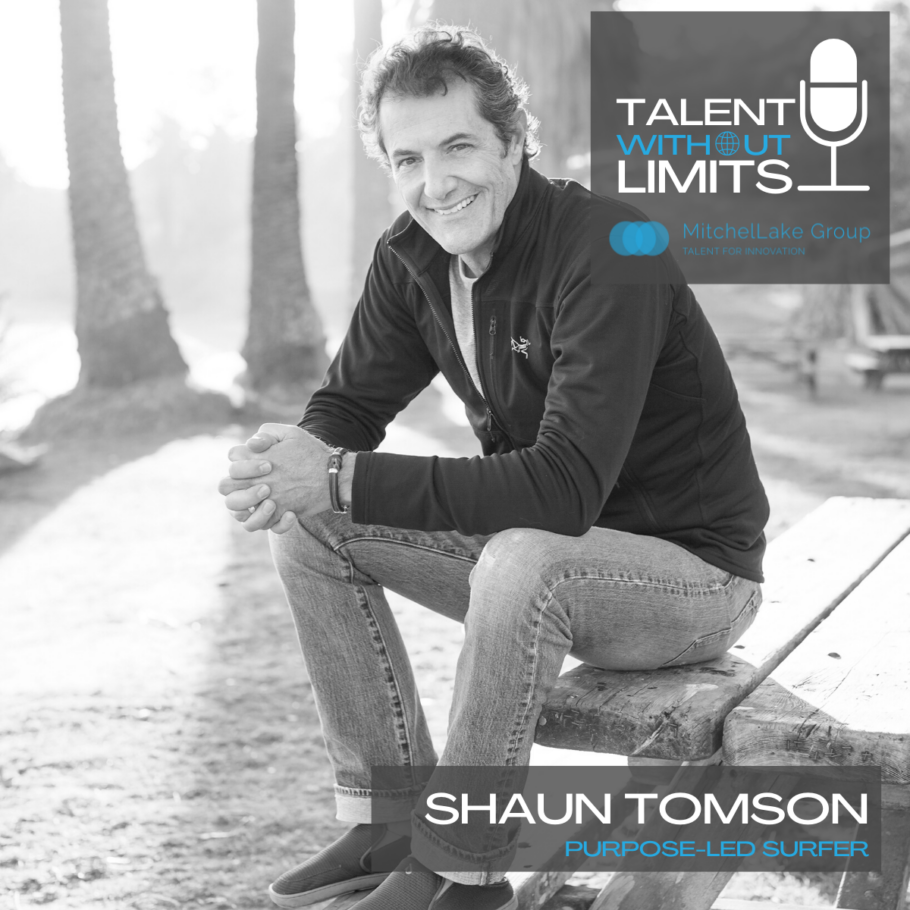Chris Hadfield: An astronaut’s guide to pioneering leadership. Posted at 0:00, Fri, 21 July 2017 in Industry Insights

This week I had the absolute honor to speak with Chris Hadfield – a man who needs little introduction (but I will anyway). Chris is a man of many accolades, namely, the first Canadian to ever walk in space, and who famously sang David Bowie’s Space Oddity on the International Space Station, racking up over 4000 hours in space and 36 million youtube hits.
More than just a mere Astronaut and Commander of the ISS, Chris is also a musician, writer, and leadership coach, and had a previous life as a downhill ski racer, test pilot, fighter pilot and Director of Operations for NASA at Star City in Russia.
If there was anyone who knows about facing adversity, being a leader, and understanding how to identify great talent, Chris is the man. We are humbled to be joined by him in Australia as he tours Brisbane, Sydney, and Melbourne on the 22nd of August, the 24th of August, and the 25th of August respectively – tickets for those events can be found here.
But before Chris makes the trip across the pond, I was able to spend some time with him:
Matthew Parker (MP): What advice would you give based on your experience to entrepreneurs who are considering starting their first new ventures?
Chris Hadfield (CH): Well let’s see… Number one – Never give up on your dreams. Giving up on your dreams has a cost, giving up is not relieving yourself of a burden, it’s actually the opposite. If this is something that is in your category of dreams, then keep it dear to your heart.
Number two; It’s going to fail. There are far more failures than there are successes. Expect the fact it’s going to fail. Look at SpaceX for example, it has had so many failures, some spectacularly so, but they’re gaining success as they go. So expect and anticipate failure and that’s where you learn the most. If you get away with something and get it right first time, it’s not an effective teacher and you can’t learn from it as you can’t analyse it.
Number three; You still need to earn your daily bread and have a backup plan. You don’t want to be completely destitute, and there are so many ways to attack it. It takes patience, tenacious patience. Look at Bonnie Raitt – the American country folk singer. She worked and played for 25 years in bars before she was an overnight success. As Bonnie did, and as I have always aspired to do, is love the process, don’t only love the product, and don’t wait for the finish line to be satisfied with what you’ve done.
And the final thing is that it’s not going to turn out as planned, so accept that…
MP: What character attributes do you observe are most critical to success in pioneering adventures?
CH: Competence – you have to have the technical savvy, and the earned understanding to recognize the opportunity as it happens. And the only way to get that, I find, is having a perpetual dissatisfaction with your own level of competence. Always be striving to understand it better, to dig into it, to keep asking yourself why, and how do i get a clearer picture of this particular problem or issue?
Then you need confidence. Confidence comes from competence. The more capable you are and the more you understand something the more likely you are to make a good decision on that and have the right level of competence to carry that through. Then finally patience. It’s going to take time, it’s going to take longer than you want. Tenacious hard work, staying confident throughout. Even if it is an overnight success, that’s only one facet of the entire thing. All my various achievements, from being a downhill ski racer, fighter pilot, as a test pilot, singer, an astronaut all of those challenges have required that same combination.
MP: So following on from that, what advice do you give to founders as they face adversity and challenges in building their business?
CH: First you need to convince yourself, otherwise you’re incredibly handicapped in convincing anybody else. And the only way you’re going to do this, is do the work. Understand it better or earlier than everyone else. Dig into it so you have the best chance as the world is evolving around you. You will hardly ever have all the data, but if you collect enough knowledge, then you’ll put yourself in the best position to make the right call. And if you have all this knowledge, and have the confidence, then you are the contagion, the Typhoid Mary, that is convincing the people around you to stick with it and not just do things the way they’ve always been done.
Technology and ideas have never been advancing as quickly as they are right now, so the opportunity, even though competitiveness is high, the opportunity is higher because of the tools we have. But this is ultimately part of the process that we’re in, so be the process evangelists of what you believe in to enable the people around you.
MP: You have worked with a lot of high achievers, but what does it take to create a high-achieving team?
CH: I Just helped with the latest Canadian space recruitment, and had 8000 people apply for 2 spots so yes I can talk around this.
Number one; you’re looking for someone who has the proven raw material – what type of skills or intellect or physical capability is needed for this particular job – and try and define this. But then also the proven ability to perform, someone who has used this intellect to perform, so not just someone with an IQ, but someone who is doing something with that IQ.
The other thing to keep in the back of your mind is hire lucky people – they’re probably lucky for a reason. Dice don’t care who’s rolling them. So if you can find someone who has a pattern of luck that’s a pretty good thing to look for as that person is finding a way to succeed in an otherwise random environment. Where have they had those “right place right time” moments – if that’s happened more than once, that could be a silent indicator of the type of person you want to hire.
Then also, what is the environment you’re hiring them into, and try to use the opportunity during the process to integrate them into this environment to see how they react and people react to them. When I was hiring people into my office at Star City Russia, I would make sure they have all the things I wanted from them, then get them to go around in the office to interact with all the people working there and ask questions. This gave me an opportunity to see what they’re like engaging with other people and get second and third opinions to see if this person is right. But even with that huge filter, not every astronaut who is hired goes into space. For Nasa’s astronaut selection they went from 18,300 people and they chose 12, so hopefully, they optimized their chances of finding the best person to send to space.
Let other people weigh in. One of the things we do when selection is over, is go down to the medical clinic and ask if anyone stood out, for good or for bad? How they treat someone who doesn’t “matter” is an indicator of a personality trait that’s important.
MP: Changing tact a bit, what do you think of current Space oriented entrepreneurial ventures like SpaceX and Virgin Galactic?
CH: I think it’s a natural progression. If you look back to many of the complex technologies like sea travel, that was not for passengers, that was not for the faint-hearted, that was dangerous and people were killed! When Ferdinand Magellan launched his first five ships back in 1519 with 250 people to sail around the world, only 18 people and one ship made it back.
That type of pattern repeats itself always. In space flight, we don’t really know what we’re doing and we should expect the fact that the early explorers take the greatest risk. But after a while, the technology and operations become competent enough for people who are completely unqualified to take these journeys with no concerns. It takes zero skills for airline passengers – a briefing for 1 minute for safety, even for something as difficult as flying across the Pacific. And there’s no reason to think space travel won’t go the same way. But right now we’re still in the Magellan period, it’s dangerous and hard and complex. Maybe we’re at the tipping point where we can bring one or two passengers – but the briefing takes 9 months not 1 minute. And these paying tourists have to live and train in pretty rugged circumstances in order to be capable to take these trips. But i’m all for it, however, it’s still early day and it requires patience.
MP: Finally, what technological advancements, emerging or future are you excited about?
CH: The major impediment in space travel or any sort of travel in this world, is energy and energy source. When we discovered fossil fuels, coal, etc… and the advancement of petroleum-based power sources, they improved our quality of life and allowed us to advance so quickly, and feed more people in our history. But it’s unsustainable and it damages the environment. It’s also very limited as you can only generate so much power by burning fossil fuels.
But the power of the atom is much more interesting. That’s where the real advancement of our future lies, in finding the next true power source. I don’t think it’s fusion just yet given the level of pollution, but it is the next important step and ultimately it will also solve a lot of problems for propulsion and for leaving earth which is the biggest problem for space travel. Fossil Fuels only give so much propulsion and it’s such a wickedly brute force and dangerous way to leave earth. The odds of dying on my first launch was 1/83 which are just unacceptable odds for something you’re going to do more than once. It’s getting better over time but it’s still the same core mechanism.
One to watch would be the Ad Astra Rocket Company which uses the magnetic charge of relatively heavy molecules and then accelerates them to get to a significant proportion of the speed of light and then you can get a great thrust from every atom.
BUT – you can’t wait for the magic of the future otherwise you’ll wait forever. You have to take the technology that already exists and then pushes it to its very limits. This is what we have right now, and it’s incredible what we have, but don’t wait for someone else to do it, don’t wait for the magic to occur, and if it doesn’t exist, take the best there is, and improve it. It’s what every entrepreneur should take to heart in pursuing their particular area of expertise
MP: Before you go, I wanted to give a special shout-out from everyone here in the space and technology industry, thank you so much for everything you’re doing
CH: I really can’t wait to be there talking to everyone and inspiring the young people in the crowd, and also the re-inspiring of the adults. You can constantly reinvent yourself. I love that interaction, showing pictures, discussing ideas, and having a great Q&A with the crowd, and perhaps a bit of music!
Chris will be touring Australia in August, visiting Brisbane, Sydney, and Melbourne on the 22nd, 24th, and 25th respectively. If you’d like to buy tickets, you can find them here. I know i’ll be getting tickets and seeing him in Sydney as a truly inspirational person and someone who we can all learn a lot from regardless of what we do.
MitchelLake has nearly two decades of experience in identifying leadership and building teams for the world’s most exciting technology ventures. Do you feel lucky? Let’s talk.
Email sydney@mitchellake.com to find out more.



